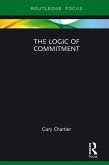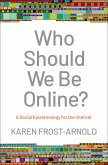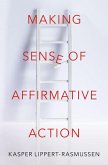War remains a grim fixture of the human landscape, and because of its tremendous and ongoing impact on the lives of millions of people, has always attracted the attention of careful, rigorous, and empathetic moral philosophers. And while war is synonymous with death and ruin, very few people are willing to surrender to moral nihilism about war--the view that all really is fair. At the center of debates about war remains the most important question that faces us during battle: whom are we allowed to kill? This volume collects in one place the most influential and groundbreaking philosophical work being done on the question of killing in war, offering a "who's who" of contemporary scholars debating the foundational ethical questions surrounding liability to harm. In ten essays, it expands upon and provides new and updated analyses that have yet to be captured in a single work. Essays explore questions such as: Are some soldiers more deserving of death than others? Should states allow soldiers to conscientiously object (to opt out of war) on a case-by-case basis? Can a theory of rights best explain when it is permissible to kill in war? When are we allowed to violently resist oppression that is itself nonviolent? Is there anything wrong with targeting people with autonomous weapons? As a convenient and authoritative collection of such discussions, this volume is uniquely suited for university-level teaching and as a reference for ethicists, policymakers, stakeholders, and any student of the morality of killing in war.
Dieser Download kann aus rechtlichen Gründen nur mit Rechnungsadresse in A, B, BG, CY, CZ, D, DK, EW, E, FIN, F, GR, HR, H, IRL, I, LT, L, LR, M, NL, PL, P, R, S, SLO, SK ausgeliefert werden.









